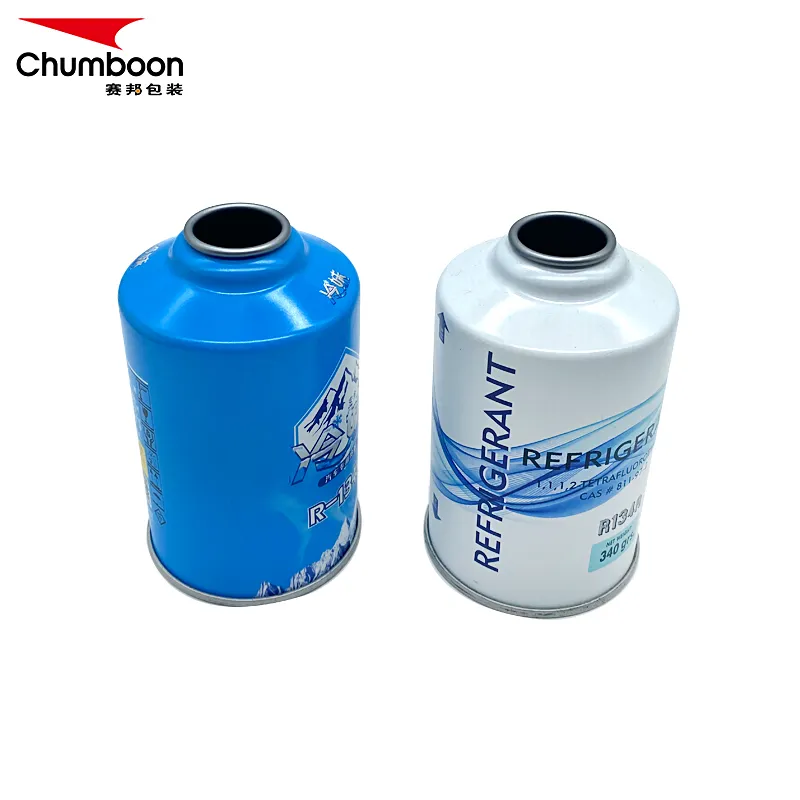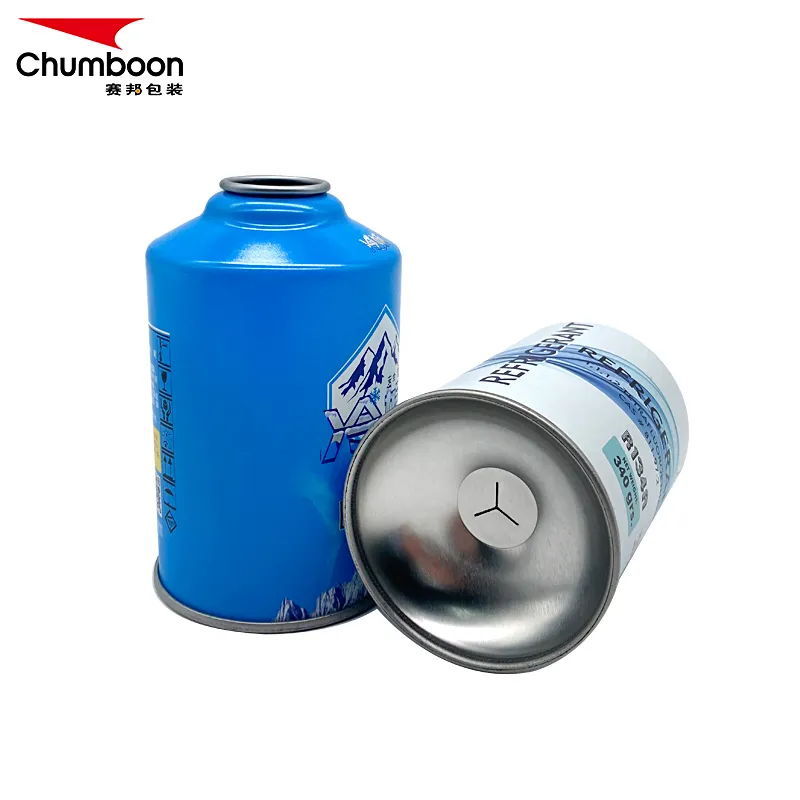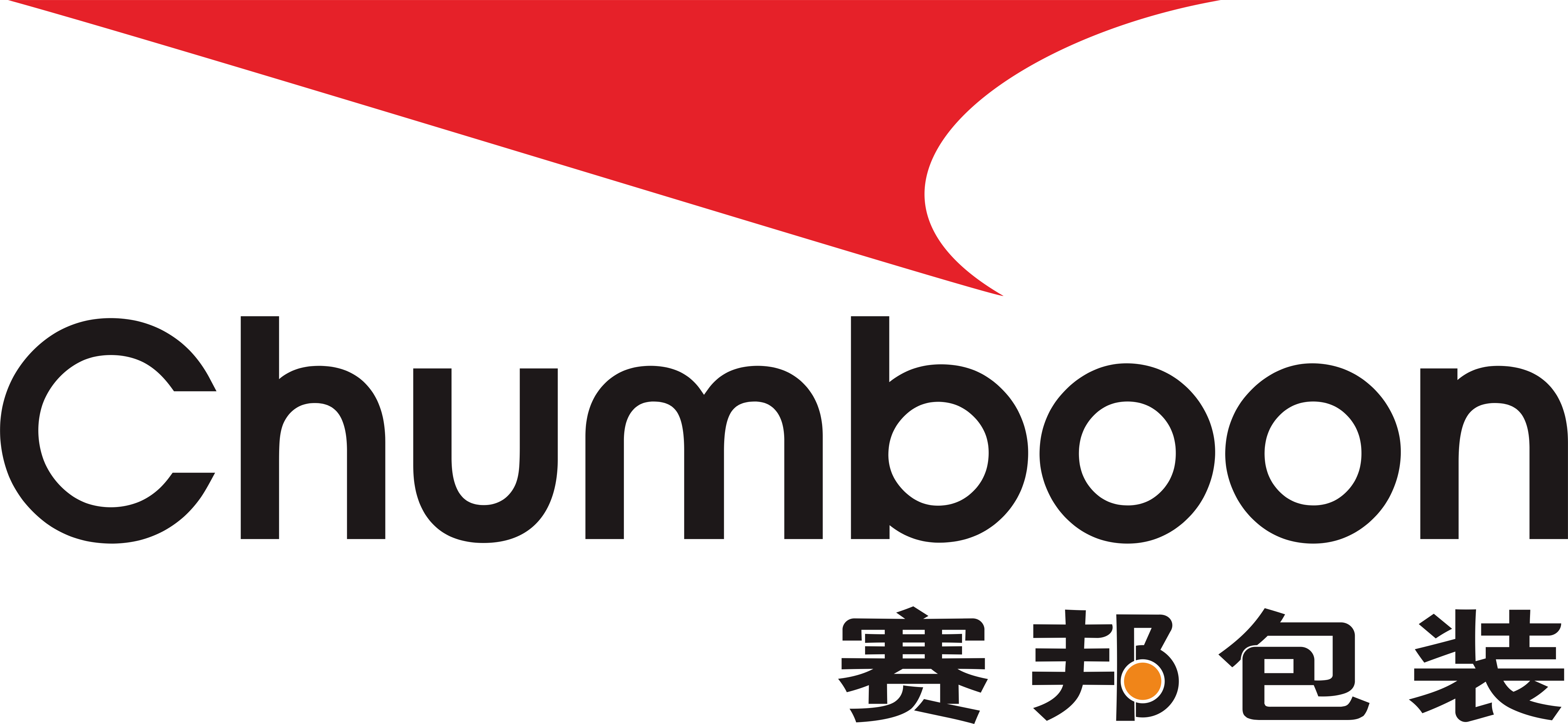In modern life, aerosol tin cans are widely used in daily care, cleaning, medical treatment, food and other fields because of their convenience, practicality and versatility. The material selection of aerosol tin cans has an important impact on the performance, safety and environmental protection of the product. This article will discuss in detail the main materials used to make aerosol tin cans, their respective advantages and disadvantages, and their applicability in different applications.

Basic structure of aerosol tin can
Aerosol tin can usually consists of three parts: a tank body, a valve and a nozzle, of which the tank body is the main part. The material of the tank body directly affects the durability, sealing and protection of the contents of the aerosol tin can.
At present, the tank body of aerosol tin can is mainly made of the following materials: tinplate, aluminum, plastic, glass, tinplate aerosol tin can.
Tinplate (tin-plated thin steel sheet)
Tinplate is one of the most commonly used materials for aerosol tin cans, especially in traditional and large-scale production.
Advantages of tinplate aerosol tin can:
1. High strength: tinplate has high mechanical strength, can withstand internal pressure, and prevent deformation and cracking.
2. Good corrosion resistance: the surface tin coating can effectively prevent steel from rusting and protect the contents of the can.
3. Printability: the surface of tinplate is smooth and suitable for printing a variety of colors and patterns, which is conducive to brand promotion and beauty.
Disadvantages of tinplate aerosol tin can:
1. Heavy weight: compared with aluminum and plastic, tinplate is heavier, which increases transportation costs.
2. Environmental protection: Although recyclable, the recycling process is complicated and energy-intensive.
3. Application: tinplate aerosol tin can is widely used in industrial and household products such as pesticides, detergents, and spray paint.
Aluminum aerosol tin can
Aluminum has become another important aerosol tin can material due to its light weight, corrosion resistance and environmental protection.
Advantages of aluminum aerosol tin can:
1. Light weight: Aluminum is lightweight, which reduces transportation and use costs.
2. Excellent anti-corrosion performance: Aluminum has a natural anti-oxidation layer that can effectively prevent corrosion.
3. Recyclability: Aluminum is a recyclable material, and the recycling process is relatively simple and meets environmental protection requirements.
4. Strong plasticity: Aluminum is easy to form and process, and can be made into cans of various complex shapes.
Disadvantages of aluminum aerosol tin can:
1. High cost: The high cost of aluminum increases production costs.
2. Easy to deform: Although aluminum has a certain strength, it is easy to deform under high pressure or impact.
3. Application: Aluminum aerosol tin can is mainly used for personal care products such as hair spray, deodorant, spray perfume, etc., and is also used for food packaging, such as cream cans, etc.
Plastic aerosol tin can
Plastic materials have been increasingly used in the manufacture of aerosol tin cans in recent years, mainly because of their lightness and low cost.
Advantages of plastic aerosol tin can:
1. Light weight: Plastic is lighter than tinplate and aluminum, making it easier to carry and use.
2. Low cost: Plastics have a low production cost and are suitable for large-scale production.
3. Flexible design: Plastics are easy to process and mold, and can be made into cans of various shapes and sizes.
Disadvantages of plastic aerosol tin can:
1. Poor pressure resistance: The mechanical strength and pressure resistance of plastics are not as good as those of metal materials, and they are easy to deform or break under high pressure.
2. Environmental issues: The recycling and degradation of plastic products is a global environmental problem and is prone to environmental pollution.
3. General anti-corrosion performance: Plastics are easily corroded by chemicals and may react with certain contents.
4. Application: Plastic aerosol tin cans are mostly used in cosmetics and light industrial products, such as spray bottles, air fresheners, etc.
Glass aerosol tin can
Glass is relatively rare as a material for aerosol tin cans, but it is also used in some high-end products.
Advantages of glass aerosol tin can:
1. Chemical inertness: Glass does not react with most chemicals, ensuring the purity and safety of the contents.
2. High transparency: Glass is transparent and can intuitively display the product contents and improve the product grade.
3. Environmental protection: Glass is recyclable, and the recycling process has little impact on the environment.
Disadvantages of glass aerosol tin can:
1. Fragility: Glass is fragile and poses a safety hazard, especially during transportation and use.
2. Heavy weight: Glass is heavier than plastic and aluminum, which increases transportation costs.
3. Application: Glass aerosol tin can is mainly used in high-end cosmetics, pharmaceutical products, and other fields that have high requirements for appearance and chemical stability.

Key factors in the selection of aerosol tin can materials
When selecting aerosol tin can materials, the following factors need to be considered comprehensively:
1. The nature of the contents: Different materials have different protective properties for the contents, such as aluminum is suitable for acidic contents and glass is suitable for high-purity contents.
2. Cost and economy: Production and transportation costs are important factors affecting material selection, and plastics and tinplate have advantages in cost control.
3. Environmental protection and sustainability: Environmental regulations and consumers' attention to environmental protection have made recyclable materials (such as aluminum and glass) increasingly popular.
4. Aesthetics and brand: The printability and aesthetics of the material affect the brand image. For example, tinplate and aluminum are suitable for high-end product packaging.

